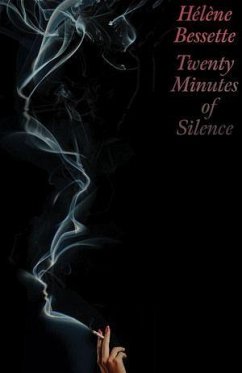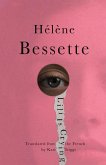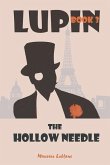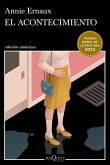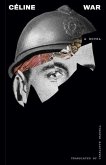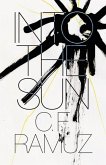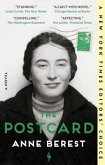In an opulent villa near the English channel lives a well-to-do family. A man-a husband, father, and employer-has been shot dead. The bullet is from his own gun, which he got from the Germans during the war. In this family, the father has a safe, a monkey wrench, a wife, and a maid named Rose. The son has a swing, a croquet set, a rain coat, and a car. They all read detective novels to fall asleep (the father), to stay awake (the son), to distract herself from an empty marriage (the mother). Packed with brutal revelations, the novel centers on the twenty minutes of silence it takes for the family to alert the doctor (who lives next door) of the father's death. Everything in this high-octane drama is subject to change, including the setting and the characters, who are truer to life than might at first appear. But who if anyone is the true criminal and who is the victim? In this marvelous and sui generis novel, written in Bessette's signature taut and stripped-back prose, the detective novel is turned inside out and wholly on its head.
Bitte wählen Sie Ihr Anliegen aus.
Rechnungen
Retourenschein anfordern
Bestellstatus
Storno

